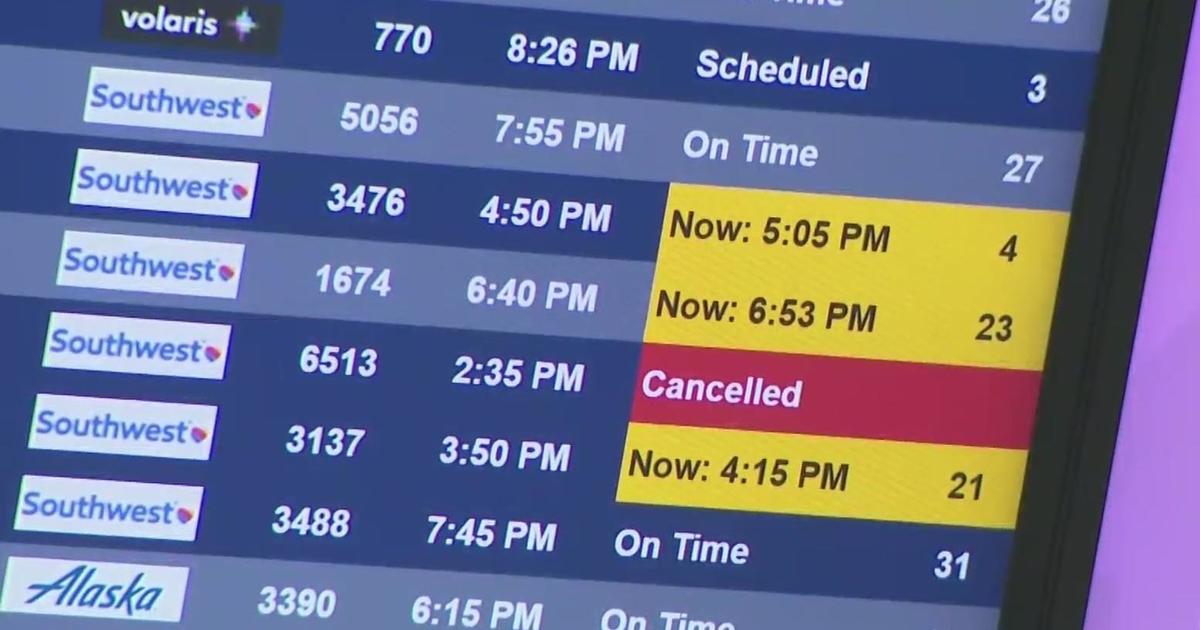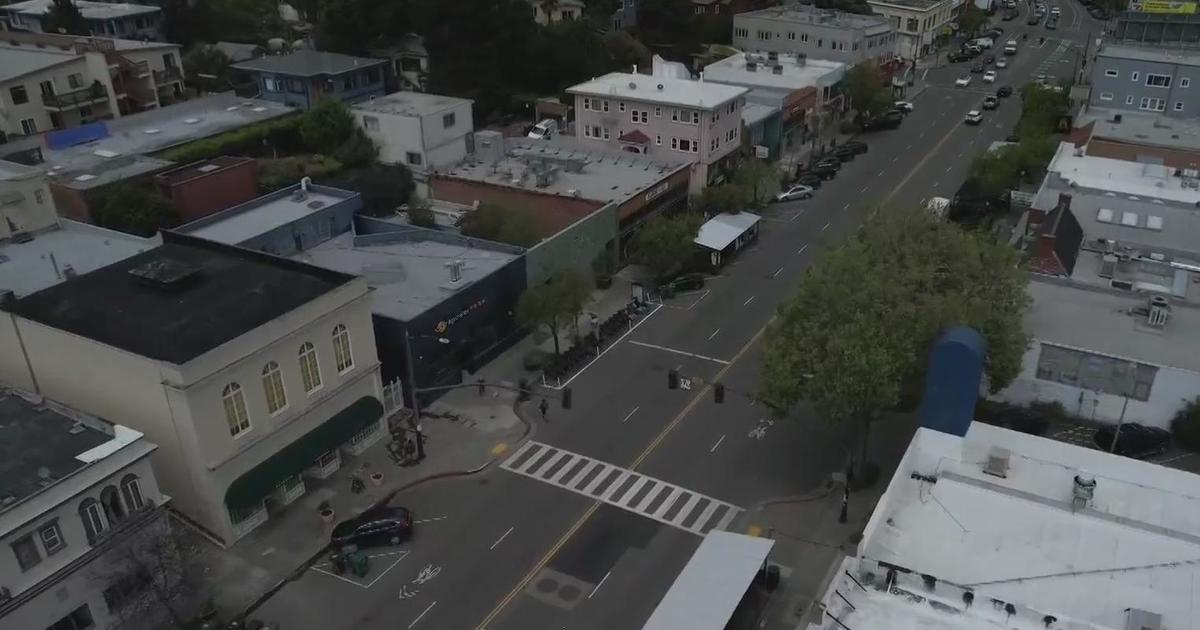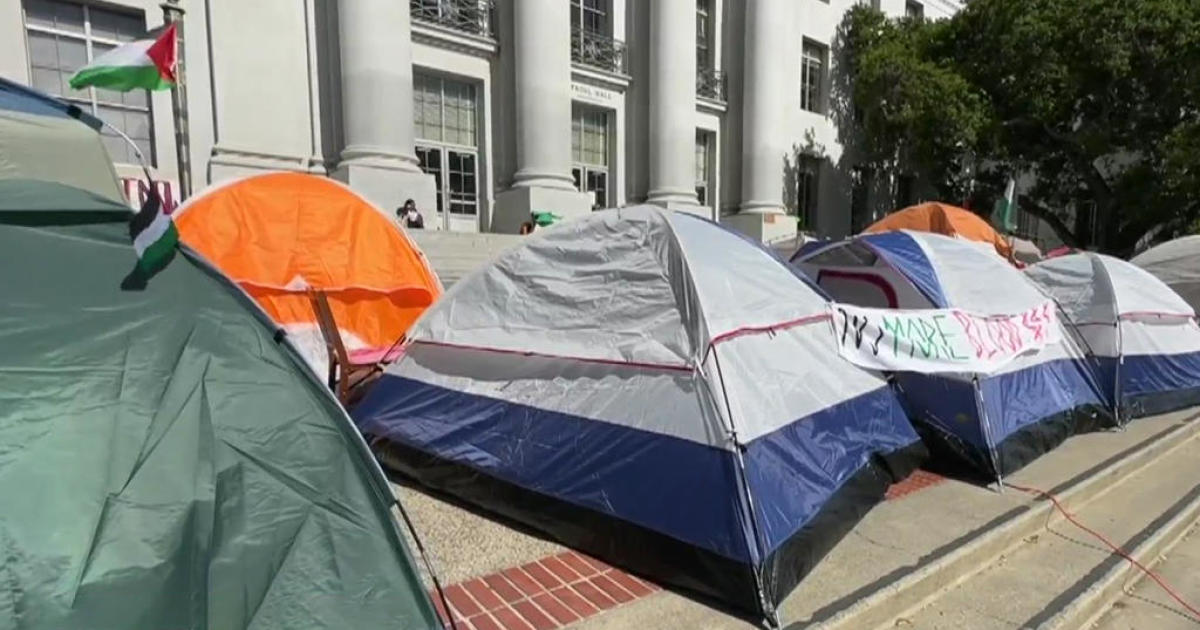Past Presidential Races Illustrate Nation's History Of Election Controversy
PLEASANT HILL (KPIX 5) – The 2020 election is shaping up to be one for the history books, and that may be the place to look for some perspective on what's happening.
Diablo Valley College in Pleasant Hill is quiet, another victim of the COVID-19 pandemic. But it is not the only problem facing the country right now and, out in the parking lot, student Jessica Quintos said it can be a bit overwhelming.
"There's so much division in the country," Quintos said. "Sometimes I can fall down a rabbit hole feeling hopeless but I try to stay optimistic if I can."
Political Science Professor Albert Ponce said conflicts are nothing new.
"At the start, if we go back in history," Ponce said, "we think about brother taking up arms against another brother during that Revolutionary moment to construct this nation, leading to the first elections."
That first election was the least contested. General George Washington got 100% of the popular vote—43,782 votes in all.
The closest contest in history was when John Quincy Adams beat Andrew Jackson in 1824, they tied in the Electoral College and it was decided by one vote in the House of Representatives.
In a tight race in 1876, Samuel Tilden only conceded the presidency to Rutherford B. Hayes in exchange for the withdrawal of federal troops from the South and an end to Reconstruction.
And in recent history, nothing beats 2000 when the election dragged on for weeks as poll workers examined damaged ballots in Florida. George W. Bush eventually won, thanks to the Supreme Court. But it was his opponent, Al Gore, who stopped the bleeding for the nation.
"While I strongly disagree with the Court's decision, I accept it," he announced to the country on a December night nearly 20 years ago. "And tonight, for the sake of our unity as a people and the strength of our nation…I offer my concession."
Ponce said President Donald Trump may choose to pit one side against the other, but it is underlying, unresolved problems like race or immigration, that are really keeping them apart.
"So, it's the political philosophies," Ponce said, "but it's also centered and really grounded by real issues that have been there in our country since the beginning."
Ponce said the current political division may last a generation but he thinks it will be today's young people who will eventually bring the nation back together.



